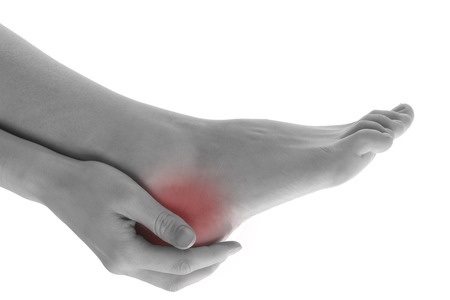Do your ankles always feel like they’re going to “give way” and twist out of place? At First Coast Foot and Ankle, we see many patients with weak or chronic ankle instability. This condition can be the result of a frustrating cycle of ankles sprains. The more sprains you have, the more the ligaments get stretched out and the weaker the ankle becomes, increasing the likelihood of another sprain occurring. Fortunately, there are ways to break the cycle. Below, some information on how to improve weak ankles.
What’s Making My Ankle Unstable?
The most common reason for ankle instability is not fully rehabilitating a previous ankle sprain. In many cases, patients stop physical therapy and other treatments when the pain of a sprain disappears, and they resume their regular activities. What they can’t see is that even though the ligaments may have recovered somewhat, the surrounding muscles need to be strengthened in order to provide necessary support and prevent future sprains.
It’s important to recognize the symptoms of chronic ankle instability. In addition to repeated turning of the ankle, swelling, tenderness and just a general feeling of weakness in the ankle can all be signs of an ongoing ankle issue. If this is you, make an appointment at our Duval County office so that our podiatrists, Dr. Vimal A. Reddy and Dr. Jeffrey Brimmer, can examine your ankle and determine the source of your ankle issues and the proper treatment. Sometimes an injury to the joint of the ankle can also be the cause of instability. If you have had an ankle problem in the past, be sure to bring your medical records about the injury to your appointment.
Gaining Stability
There are several treatment options available for patients with weak ankles. These include:
- Physical therapy
- Bracing the ankle
- Anti-inflammatory medications
When these methods do not bring about pain relief and improved stability, the podiatrist may consider surgery to repair ligaments and/or joints.
To learn more about what to do about chronic ankle instability, contact our Jacksonville office by calling: 904-739-9129.

Share this article